You’re not the one who smokes, but you’re the one coughing. Struggling to breathe. Reaching for your inhaler.
For many people with asthma, the biggest asthma trigger isn’t pollution or weather, it’s someone they love.
If you live with a smoker, encouraging them to quit isn’t just about their health. It’s about protecting yours.
In this blog, we explore how to support a family member or partner in quitting smoking, not with blame, but with empathy, facts, and quiet strength.
Understanding the Emotional Tug-of-War
It’s never easy. The person might be:
- Your parent, whose health you already worry about
- A sibling or cousin who’s been smoking since college
- Your spouse or partner, who shares the same room and bed
You love them. But you also love breathing.
And asthma doesn’t compromise. Even second-hand and third-hand smoke can cause:
- Nighttime wheezing
- Sudden breathlessness
- Long-term lung damage
- Trigger stacking (when smoke makes you more sensitive to other triggers)
When Their Habit Becomes Your Health Risk
It’s not just about second-hand smoke (what they exhale near you). It’s also:
- Third-hand smoke that clings to their clothes, sofa, bedsheets, and curtains
- Residue they bring home after smoking outside or on the balcony
- The subtle but harmful impact on indoor air quality
You could be doing everything right, using your inhaler, eating clean, avoiding pollution, but still struggling due to someone else’s habit.
This Is Not About Blame, It’s About Boundaries
Before you bring it up, it helps to reframe your goal.
You’re not asking them to quit for you out of guilt. You’re asking because:
- Your health matters too
- You want to coexist with love, not resentment
- You’re choosing a life where everyone breathes easier
How to Start the Conversation
Here are some gentle, real-world ways to open up the dialogue:
1. “I’ve been struggling with my asthma more lately, and I think the smoke might be part of it.”
This makes it about your experience, not their failure.
2. “Even the smell on your shirt triggers my breathing. Would you mind changing after a smoke?”
Focus on small, doable actions first.
3. “I’m not judging. I know it’s hard. But even occasional smoke near me is making it worse.”
Show understanding but draw a clear boundary.
Small Steps You Can Encourage
Quitting is a process. Here are small milestones you can suggest:
✅ Smoke only outdoors and away from windows or entrances
✅ Change clothes after smoking
✅ Use nicotine patches or lozenges to cut back
✅ Start a ‘cut down’ calendar together
✅ Speak to a doctor about quitting support
Sometimes, just saying “Let’s look at this together” can make someone feel less alone in their struggle.
The Indian Family Challenge
In Indian homes, setting such boundaries can feel disrespectful, especially if the smoker is a parent, elder, or in-law. But remember:
- It’s okay to value your health
- You can speak with love, but still speak up
- You can also seek help from another family member to support the conversation
In joint families, even if you can’t stop someone from smoking, you can protect your immediate space, your room, your child’s room, or a corner that’s 100% smoke-free.
My Story: Quiet Courage
There was a time when someone close to me smoked regularly. I was hesitant to speak up, thinking it might come across as rude or dramatic. But after one asthma flare-up landed me in the hospital, I realised: my silence was costing me my breath.
When I finally spoke, they were surprised, but also genuinely apologetic. They began making small changes, and over time, even reduced their smoking. We’re still on the journey, but it began with one honest conversation.
If You Need Help, You’re Not Alone
Quitting smoking is hard. Living with asthma is hard. But doing both together as a team can make it easier.
And remember: you can lovingly support someone to quit without compromising your own boundaries.
You deserve clean air. You deserve strong lungs. You deserve a home that heals, not harms.
Part of Our World No Tobacco Day Series
This blog is part of our special content series for World No Tobacco Day.
Please share your story with everyone in the Asthma Friend Community.












